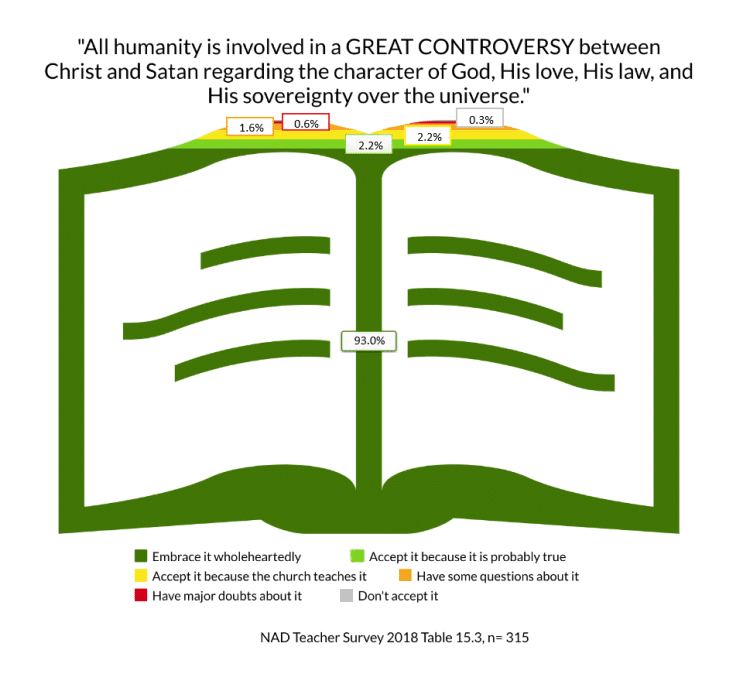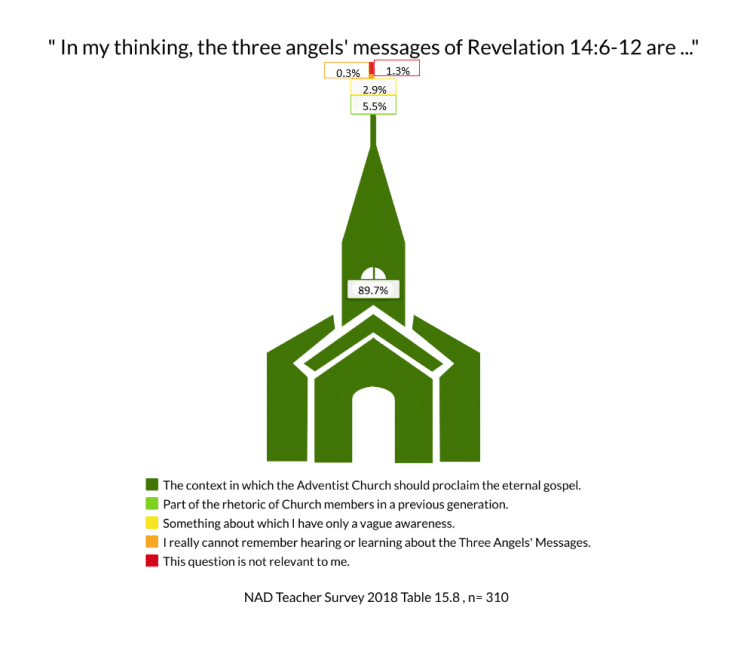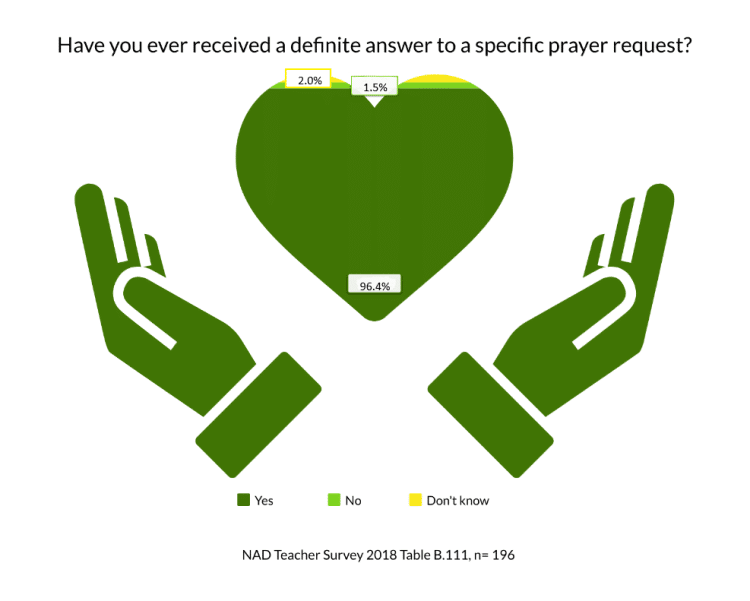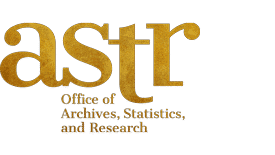“Our church schools need teachers who have high moral qualities; those who can be trusted; those who are sound in the faith and who have tact and patience; those who walk with God and abstain from the very appearance of evil….” [1]
There is no arguing about the impact that teachers have. They can have a strong positive or negative impact on children’s educational passion and aspirations and they can also influence children spiritually. This makes the work of Adventist teachers greater than any other, as they are educating for eternity.
Study Background
Researcher Dr. Robert McIver of Avondale University College collected data from the North American Division (NAD) early childhood, elementary, and secondary teachers at the 2018 Teachers’ Convention (August 6–9, 2018). While he researched a broad range of subjects, one area of interest was Adventist teachers’ belief in and adherence to Adventist teachings. After all, these are the individuals instructing and impacting the next generation of the Church!
For this study, McIver collected 1,095 surveys with 912 surveys fully or almost fully completed. The respondents ranged from ages 20–29 to over 80 years of age. Almost three-fourths (71%) of respondents had served in Adventist organizations for 10+ years.
Belief in the Great Controversy
“The Great Controversy or cosmic conflict between Christ and Satan is a core eschatological belief that lies at the very center of Adventist eschatology.”[2] As part of this study, teachers were asked to respond to a statement on this topic: “All humanity is involved in a Great Controversy between Christ and Satan regarding the character of God, His love, His law, and His sovereignty over the universe.” A vast majority (93%) of respondents agreed wholeheartedly with this statement. Very small percentages shared that they accepted this teaching because it is “probably true” (2%) or because the church teaches it (2%). The data show that this important Adventist teaching is understood and upheld by most Adventist teachers.

Belief in the Three Angels’ Messages
“The three angels’ messages of Revelation 14:6-12 are historically understood by Adventists as the final messages to be given to the world before the second coming of Christ”[3] and are also at the heart of Adventist theology. Therefore, teachers were asked about their views on the three angels’ messages as depicted in Revelation 14:6-12. For 90% of teachers, the three angels’ messages created the context in which the Adventist Church should proclaim the Gospel. However, 6% of respondents considered it to be part of the rhetoric of Church members in a previous generation. A small percentage (3%) shared that they only had a vague awareness of this teaching.

The Power of Prayer
Seeing prayers answered is a powerful way to build faith—for adults and children alike. Teachers were asked to answer this question: “Have you ever received a definite answer to a specific prayer request?” Nearly all (96%) of respondents shared that they have, indeed, seen such an answer. Such experiences provide a powerful testimony to share with students, thereby encouraging young people in their faith!

In some of our previous blogs, we highlighted the positive impacts of Adventist education. Yet, the purpose of Adventist education is not to prepare children only for life on earth, but also for eternity. It is incredibly comforting to know that the majority of Adventist teachers hold firmly to Adventist theology, thereby, passing these teachings down to the next generation. Their personal belief in the Great Controversy between God and Satan, good and evil, can help their students find their own understanding of it. In addition, it is extremely important for a teacher to lead by example. It is, therefore, great to know that teachers in the NAD schools have personal encounters with God, and thus, can pass their personal conviction in a real and living God on to their students. Their stories about a God who knows people’s needs and answers their prayers can have an invaluable and far-reaching effect on the children they teach.
Our previous blogs on Adventist Education:
- Christ in the Classroom: Mission of Adventist Schools in the North American Division
- The Worldwide Importance of Adventist Education
- The Role of Seventh-day Adventist Education in Youth Retention
- Seventh-day Adventist Church Member Involvement in Adventist Education
- Adventist Education and Views on Salvation
Created in collaboration with the Institute of Church Ministry.
Published by ASTR on 7-07-2021
[1] Ellen G. White, Counsels to Parents, Teachers, and Students, p.175.
[2] Robert McIver, and Sherene Hattingh, eds., Educating for Service and Mission: Teachers in Seventh-day Adventist Schools in North America and Their Perceptions of Mission, p. 213).
[3] Robert McIver, and Sherene Hattingh, eds., Educating for Service and Mission: Teachers in Seventh-day Adventist Schools in North America and Their Perceptions of Mission, p. 218.

